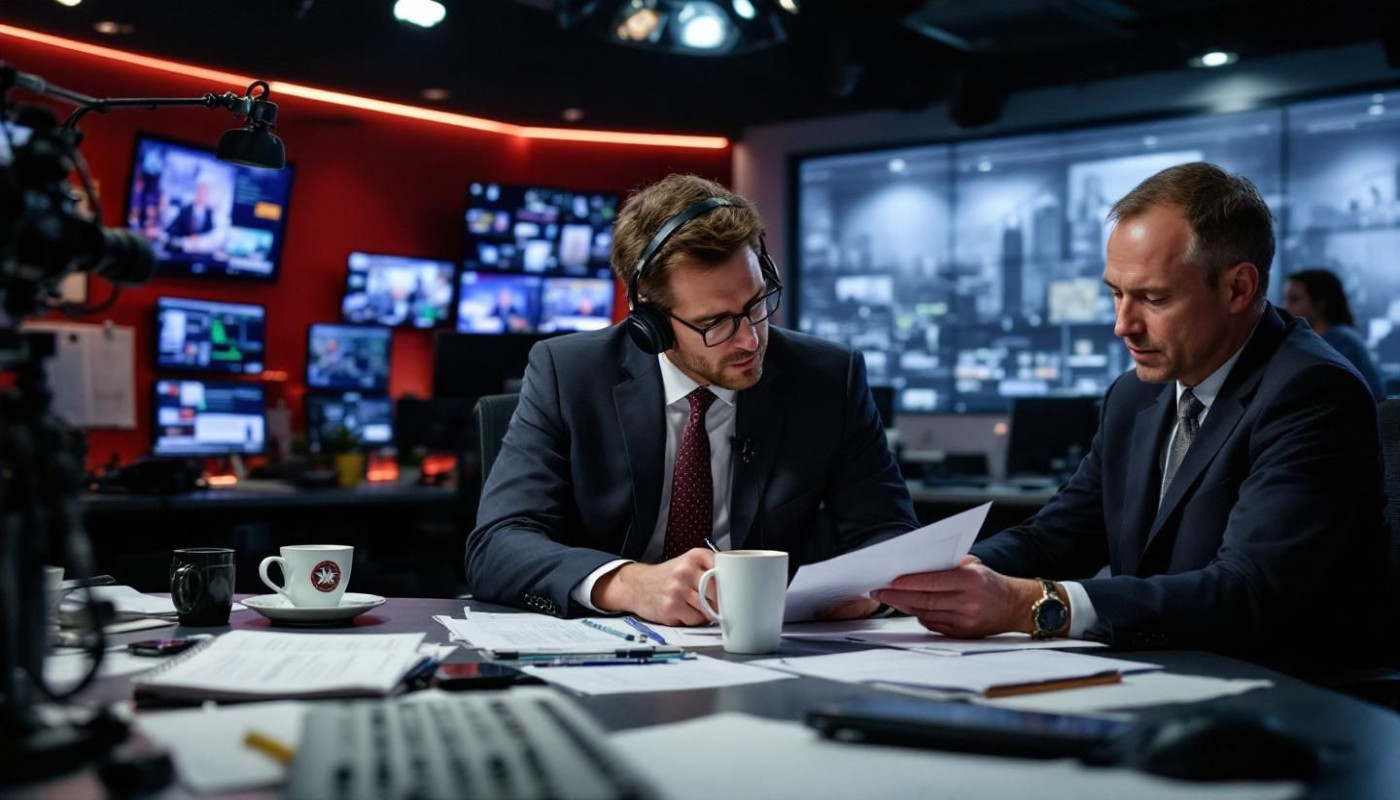Table of contents
Investigative reporting has long been recognized as a powerful force shaping the ethical standards and transparency within the corporate world. Its influence extends far beyond headlines, often serving as a catalyst for significant changes in corporate governance. Explore how in-depth journalism uncovers hidden truths, drives accountability, and ultimately transforms the rules by which businesses operate.
History of investigative journalism
Investigative journalism history stretches back to the late nineteenth and early twentieth centuries, when the rise of watchdog journalism began shaping public perception of business transparency and accountability. Early practitioners, known as muckrakers, exposed corporate abuses and monopolistic practices, prompting major reforms in sectors like food safety, labor rights, and banking regulation. By meticulously documenting wrongdoing, these journalists set new standards for media accountability and sparked a wider push for corporate oversight. Over decades, historical reporting evolved to adopt advanced research techniques and legal frameworks, ensuring that unethical behavior within corporations could not remain hidden. This legacy established investigative journalism as a safeguard for business transparency, empowering both the public and regulators to demand higher standards from corporate leaders.
Methods behind impactful exposés
Investigative reporters deploy a range of investigative methods to uncover corporate misconduct, combining advanced transparency tools and rigorous journalistic techniques. Data analysis allows journalists to scrutinize vast sets of financial records and transaction logs, revealing irregularities that may indicate fraud or corruption. Whistleblower interviews provide direct insights from inside organizations, offering leads that external analysis might miss. Document examination, including confidential memos, emails, and regulatory filings, plays a vital role in constructing a detailed narrative of events. Throughout these processes, source verification stands as the backbone of reliability, ensuring that every claim and detail is substantiated by trustworthy evidence. This meticulous approach not only enhances the credibility of published investigations but also fosters a culture of accountability within corporations, as transparency tools make it harder for malpractice to remain hidden. Consequently, effective investigative methods serve as a bridge between journalism and ethical corporate governance.
Landmark cases shaping governance
Several major investigative cases have dramatically shaped the landscape of corporate governance reform, demonstrating the profound media impact on regulatory changes and corporate accountability. Notable examples include the exposés of Enron and WorldCom in the early 2000s, where thorough investigative reporting uncovered extensive accounting fraud and mismanagement. These revelations prompted legislative responses such as the Sarbanes-Oxley Act, instituting stricter regulatory compliance requirements for public companies and compelling transparent financial disclosures. Another pivotal case involved the Volkswagen emissions scandal, where investigative journalists exposed deliberate manipulation of emissions data, leading to sweeping regulatory changes across the automotive industry, heightened scrutiny, and internal policy overhauls. These high-profile reports not only forced offending corporations to adopt rigorous governance reforms but also set new industry standards, influencing legal frameworks worldwide and reinforcing the necessity for robust corporate accountability mechanisms in response to persistent media oversight.
Challenges facing investigative reporting
Investigative reporting faces a complex array of investigative challenges that threaten its capacity to uphold transparency and accountability within corporate governance. Legal threats, such as strategic lawsuits against public participation (SLAPPs) and other forms of litigation, are strategically employed to intimidate journalists and deter critical inquiry, directly undermining press freedom. At the same time, financial pressures—stemming from declining revenues and shrinking newsrooms—jeopardize the sustainability of media organizations, making it harder to fund resource-intensive investigative projects. Access to information also remains a persistent barrier; restrictive laws, limited whistleblower protections, and opaque corporate practices often obstruct efforts to expose unethical or illegal activities. These challenges collectively weaken journalism’s ability to function as an effective watchdog over corporate conduct, eroding public trust and enabling unchecked abuses of power. Supporting legal reforms to enhance protections for journalists, investing in collaborative reporting models, and fostering public support for independent media can help reinforce journalism’s pivotal role in safeguarding good governance. For those interested in observing the tangible outcomes of investigative efforts, reviewing the top article on prominent business figures’ corporate transparency offers valuable insight.
The future of governance and media
Emerging trends like algorithmic transparency, expanding access to data, and rapid media innovation are transforming the future of investigative journalism and its impact on corporate transparency. As artificial intelligence and data analytics become integral to data-driven reporting, journalists can identify patterns and uncover misconduct with unprecedented precision. This evolution brings vast opportunities for enhancing corporate governance: real-time monitoring, predictive analysis, and interactive reporting boost public awareness and shape new governance trends. Nevertheless, digitization creates risks such as deepfake manipulation, information overload, and the potential for algorithmic bias, which may undermine trust. Stakeholders—including regulators, corporate boards, and media organizations—should collaborate to strengthen digital literacy, promote open data policies, and demand transparent algorithmic processes to maintain accountability. The continued synergy between cutting-edge media technologies and vigilant oversight will define the next era, ensuring the future of investigative journalism remains a cornerstone of responsible corporate conduct.
On the same subject

Exploring The Future Of Housing Dominance In 2025

Emerging Trends In Global Investment: What's Next?

How To Leverage Digital Tools For Effective College Fundraising

Exploring The Economic Impact Of The Growing CBD Market In Europe

The Economic Impact of Luxury Villa Rentals in Saint Barth

How GPT Chatbots are Changing the Digital Marketing Landscape

Why buy your baby toys ?

